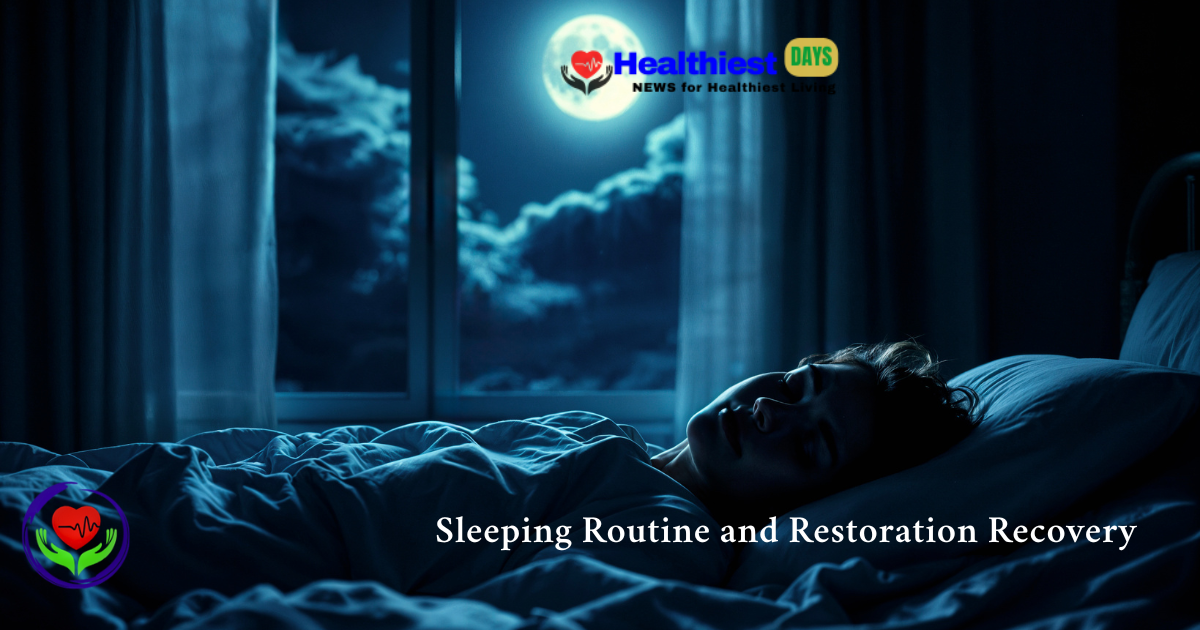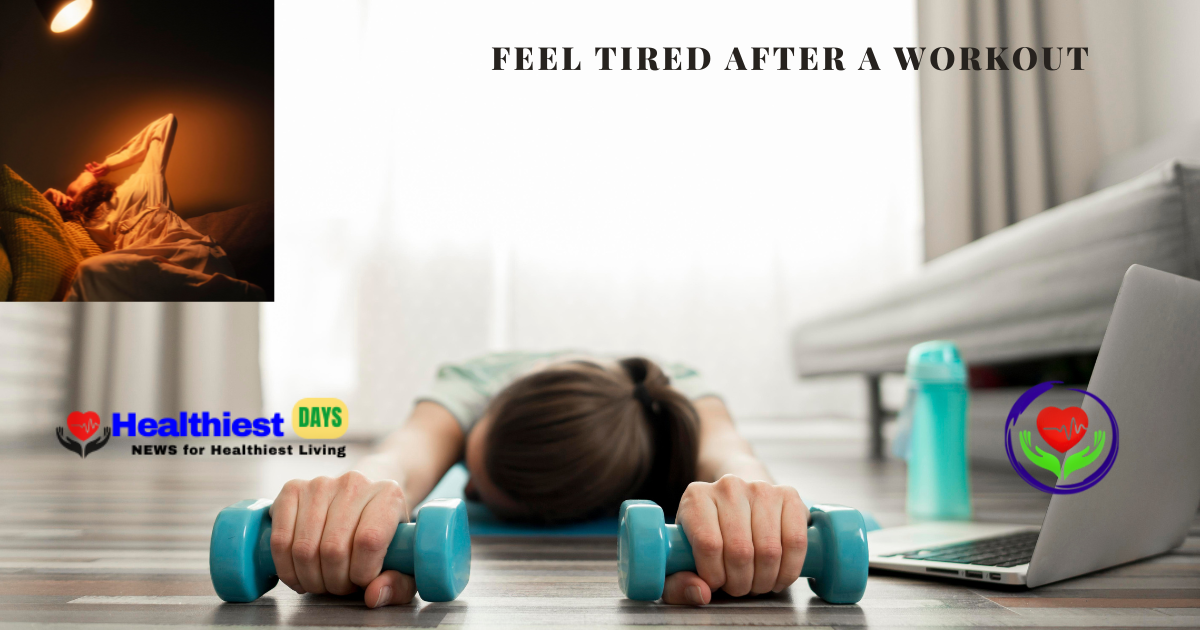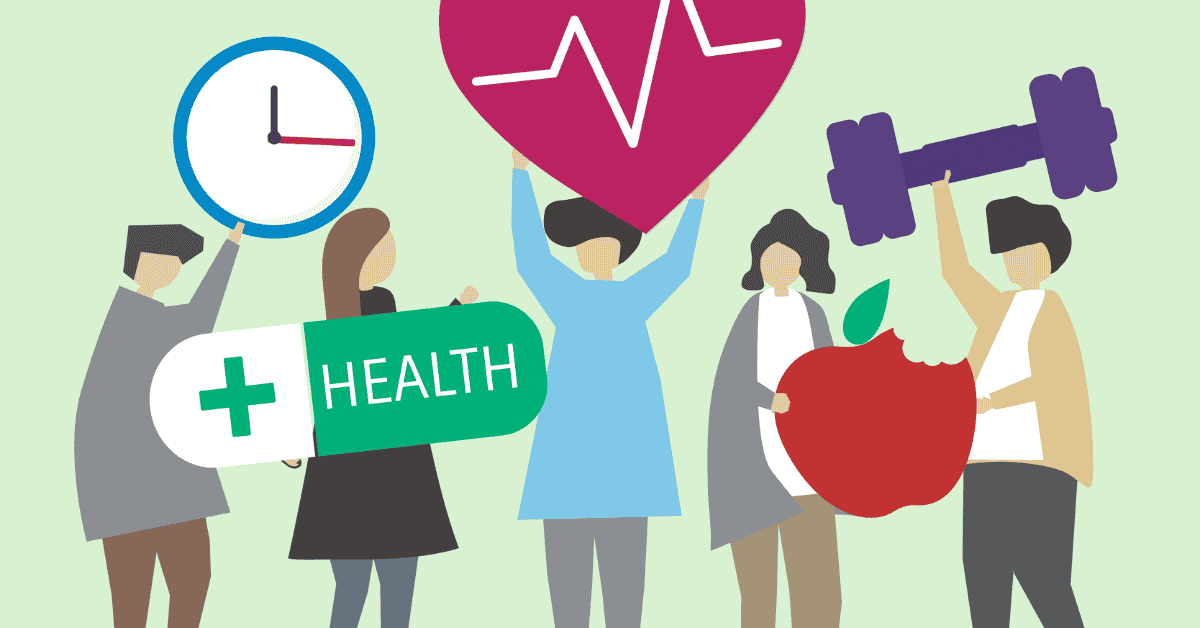Understanding the Fatigue Puzzle
Do you feel tired after a workout? It has become more common than most people realize. Well, it is approved under the flagship of modern researchers that you lace up your shoes, crush your fitness routine, and instead of feeling energized at various levels, you are probably hit with a wave of fatigue, mental fog, or even the urge to crawl into bed in no time
So, if you have ever wondered about the fact that you are still tired after exercise, you are not alone, and you are not doing anything wrong at all. In fact, post-workout fatigue is a biological response rooted in your energy depletion, sleep rhythm disruption, and muscle recovery demands.
On the contrary, fatigue after working out, a general sense of exercise sleepiness, or feeling tired after a workout—this guide will uncover entire kinds of your questions clearly. We will go beyond surface-level explanations about abnormal sleeping disorders and dive into the details of how your body works during and after a workout.
Let’s explore the possible hidden secrets behind this common issue of feeling tired after a workout and give you the actionable tools to feel enthusiastic, not sleepy, and active in your every workout session.
1. Why Do You Feel Tired After a Workout?
Well. If you are exercising and doing a workout, your body draws upon its energy reserves at regular body energy levels. It pushes up the muscle fibers and oxygen systems. The first reason behind tiredness after a workout is the depletion of glycogen levels in your body. Scientifically, glycogen is stored in your muscles and liver. It is the major fuel source during physical activity. Once it is consumed, your muscles demand a further amount of glycogen for an extra workout.
In addition to this, the physical stress from a workout increases the levels of cortisol and lactic acid that contribute to that heavy, drained feeling. Intense sessions like HIIT or strength training can also affect the central nervous system, resulting in exercise sleepiness or feel tired after a workout.
2. Overtraining or Just Tired? Know the Signs clearly
If you’re constantly facing issues regarding tiredness after working out instead of proper nutrition and sleep, you could definitely be overtraining. Overtraining syndrome (OTS) happens when your body does not properly acquire adequate time to recover between workouts. Symptoms include prolonged muscle soreness for almost (over 72 hours), insomnia, decreased performance, and a lack of motivation.
In contrast to it, your body is not a machine. Without taking rest, stress hormones remain in a state of elevation, which reduces their immunity and increases your risk of burnout.
3. Nutrition: The Impactful Fuel Behind Your Workout Energy
It becomes effective to know that your pre- and post-workout meals are essential in avoiding tiredness after a workout. Carbs fuel your session differently; protein repairs your muscles at a higher rate in your body. Skipping meals or eating low-quality food declares that your body lacks the nutrients needed to perform and recover.

On the other side, a balanced pre-workout meal (e.g., oats with banana and peanut butter) provides sustained sources of energy. Post-workout meals should at least contain lean proteins like chicken or tofu, paired with complex carbs such as sweet potatoes or brown rice so that your body may get required amounts of energy.
4. Maintain Sleeping Routines and Restorative Recovery
Your muscles grow and repair while you rest completely, but not during your workout. Inadequate or low-quality sleep intervals lead to excessive sleepiness, and they impair physical and mental recovery at higher rates. Growth hormone production, which happens during deep sleep schedules. They also play a key role in muscle repair and energy regulation.

If you’re constantly feeling sleepy after working out, it might be a clear signal that your body hasn’t fully recovered from previous sessions of lower energy levels. It is recommended to use active recovery strategies like light yoga, foam rolling, or walking to encourage blood flow and reduce soreness without further strain.
5. Best Lifestyle Habits to Destroy Post-Workout Fatigue
Trustworthy studies predict that simple daily habits can help reduce fatigue after working out. You are advised to start with hydration—drink a glass of water first thing in the morning and add electrolytes greatly if you’re a heavy sweater.
Throughout the day-based routines, it focuses on stable energy by developing a habit to eat balanced meals regularly. Avoid high-sugar foods that spike and crash your energy levels differently. Reduce blue light exposure before going to bed, and it will enhance sleep quality and recovery. These micro-changes create macro-impact over time in all parts of your body.
6. When Fatigue Needs to be Identified More Closely
On various occasions, post-exercise tiredness may signal an underlying health issue (may be a serious threat). Popular conditions like anemia, hypothyroidism, adrenal fatigue, or chronic fatigue syndrome are the real reasons that can manifest as persistent exhaustion. If fatigue continues even after making lifestyle adjustments in your life, consult your physician as your first priority.
Furthermore, there is a need to watch for red flags like rapid heartbeat, shortness of breath, or dizziness regularly. These are not only normal post-workout symptoms, but they are necessary to check out for the adjustments of body-energy requirements. A very basic blood test can reveal the secrets of deficiencies or hormonal imbalances that are affecting your energy
7. Real Recovery Tips
Fitness is not just talking about exercise; it is also about smart recovery rapidly. There is a need to take advice from real gym-goers.
“After changing my routine to include a protein shake and 10 minutes of foam rolling, I stopped feeling sleepy after my workouts,” says Ryan, a marathon trainee.
Micro-adjustments can surely have macro effects in your body. There is a need to try guided meditation. Monitor your workout types regularly. Long cardio sessions may deplete energy more than short resistance workouts, and then you can adjust accordingly.
FAQs:
Q: Is it normal to feel tired after a workout?
A: Exactly, yes. Exercise sleepiness is very common and usually related to low levels of energy in your body, for example, dehydration or CNS fatigue.
Q: Can lack of carbs cause fatigue after doing exercise?
A: Absolutely yes, carbs are the main fuel of your body. Without such fuel, your energy levels get disturbed.
Q: Should you work out if you are already tired?
A: Indeed, light activity like walking or yoga is a fine option. It is encouraged to avoid intense sessions if you are already fatigued.
Q: How can you recover faster after workouts?
A: Firstly, prioritize your sleep regularly. Secondly, maintaining hydration of your body, and lastly, balanced diet plans have higher chances of recovery for your body.
Final Thoughts: Stop Feeling Drained every time and Start Feeling Energized for all Times
Tired after a continuous routine of workouts? You do not have to be worried at all. Fatigue is not a badge of honor, yet it is your body’s way of asking for better care. By managing your nutritional requirements, energy recovery plans, and hydration levels and understanding sleeping schedules for your body, you can minimize exercise tiredness and maximize gains.
Download Your Energy-Boosting Blueprint
Are you ready to stop feeling drained after your workouts?
Visit HealthiestDays and grab your FREE “Workout Recovery Blueprint at one click only.”
Get expert-approved balanced diet plans, hydration schedules, and sleep routines to recover smarter and feel great every single day, and overcome if you feel tired after a workout.








